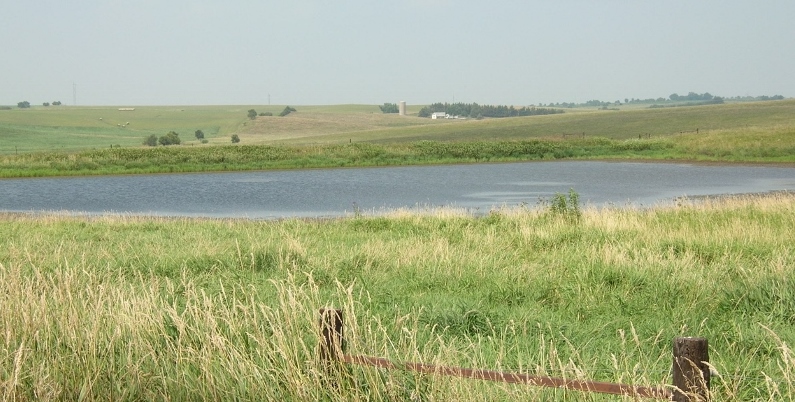Experienced farmers and farmland owners know that smaller farms must be scaled up to complete in today’s markets. [1]
Our “regenerative production units” allow young farmers, farmland owners, and local investors to work together to scale up – without buying or selling land. Production units are groups of contiguous and nearby farms leased to one operator by the owners. These units will reduce costs and increase market opportunities, again, without buying or selling land.
We start with business plans for each farm in a proposed production unit with a separate plan for the unit. With backing from our team, these plans will set the stage for farmer-controlled management and marketing. Our services have three main benefits:
- Increased household incomes for farmers -from farming
- Realistic tenure and ownerships opportunities for experienced farm families
- More stable income for farmland owners who stay in agriculture
Please read on and then contact me for an appointment.
Thank you.
Jim Steffen, President
Massena Corporation
402-317-2639
jim@MassenaFarms.com
[1] Des Moines Register, accessed 02-28-2026
Posted 03-01-2026

